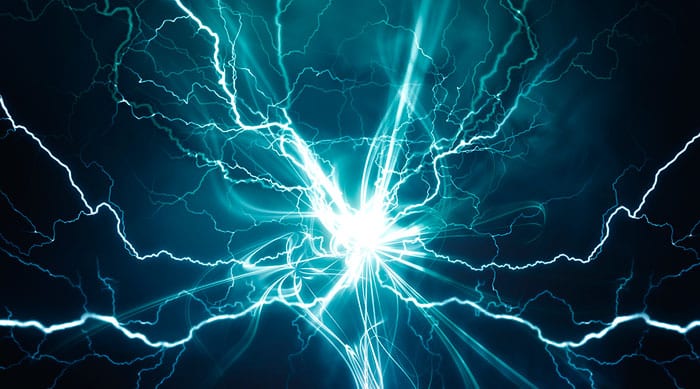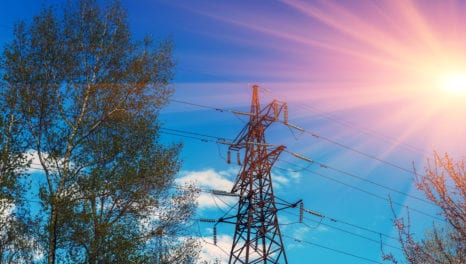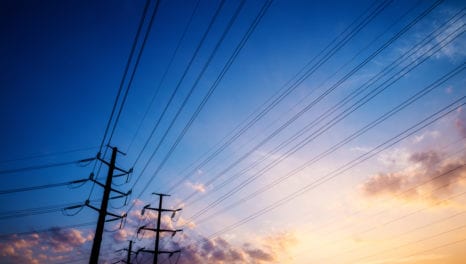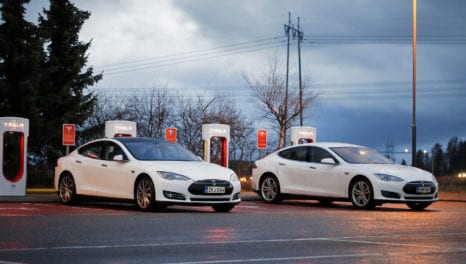SSEN launches DSO consultation
Scottish and Southern Electricity Networks (SSEN) has outlind the principles it will adhere to in its transition from a Distribution Network Operator (DNO) to a Distribution System Operator (DSO).
28th November 2017 by Networks

The principles are published in the firm’s Supporting a Smarter Electricity System report.
Alongside the report, SSEN has launched a consultation on its transition to a DSO and is calling on all those with an interest in the transition to a smarter electricity system to respond to the consultation.
One of the biggest changes in the energy system is the flexibility revolution. Distributed generation, electric vehicles, demand side response and energy storage are transforming the sector, giving customers access to new products and services from a new range of providers.
SSEN’s Supporting a Smarter Electricity System report outlines the principles SSEN will adhere to in its transition from a DNO to a DSO, what that means for its wider network and, most importantly, its customers. The five key principles are:
1. SSEN’s DSO must work for all customers. SSEN wants greater choice and opportunity for customers, whilst ensuring the service it provides remains reliable, efficient and resilient, particularly for vulnerable customers.
2. Learning by doing will give the best outcomes for customers. SSEN has a wide portfolio of innovation projects that test the credentials of new technologies and solutions with respect to de-carbonisation, resilience and affordability. The best outcomes for customers will be realised through listening to their needs, practical evaluation and scaling up success.
3. SSEN’s transition to DSO must be coordinated and cost efficient. SSEN will use its experience to focus on ensuring that the total costs charged to its customers are fair and proportionate to the benefits, all the while listening to customers’ short and long-term needs. With regards to access for services, the standardisation of procurement and service arrangements will make it simpler to participate, and will ensure that the interests of GB consumers are protected.
4. Neutral facilitation is paramount. As a DSO, SSEN will embed flexibility to improve the operation of its network. SSEN will facilitate local and national markets by identifying and providing the visibility necessary to allow markets to function and trade energy throughout our network. This responsibility hinges on expert neutrality, meaning SSEN’s DSO must provide a level playing field for all technologies and solutions to engage.
5. SSEN’s DSO should unlock local solutions. SSEN aims to remove any barriers and empower local solutions in a way that benefits the whole system to reduce losses, improve network utilisation, decarbonise and provide economic stimulus. SSEN will work with other actors in flexibility markets to allow this aspiration to become a reality.
SSEN is now seeking views from a broad range of interests.
SSEN’s head of DSO and innovation, Stewart Reid, explains more:
“The transition to a DSO will fundamentally change the way we manage our local electricity networks, providing exciting new opportunities for customers and other stakeholders to change the way in which we use and transact energy at a local level.
“To help inform our transition to a DSO we are looking to consider views from all walks of life, particularly electricity consumers given the importance in getting this right for those who ultimately pay.
“We would encourage anyone with an interest in the transition to a smarter, more flexible electricity system to respond to our consultation with their views which we will look to consider as we continue our transition to a DSO.”
The consultation can be found at www.ssen.co.uk/SmarterElectricity
Comments
Login on register to comment
Related content

Power
The future for vegetation management
Why networks should focus on data not trees to overcome the costly challenges involved in vegetation management

Power
An unprecedented opportunity for change
Why short interruptions will matter in RIIO-ED2 and how to address them.

Power
Time for less talk and more action on decarbonisation
Core "oven-ready" solutions to decarbonising heat and transport exist today and should be implemented without delay, says WPD's future power networks expert.
Related supplier content
![‘Learning by doing’ on the road to net zero [test product]](https://networksonline.s3.amazonaws.com/products/images/3.jpg)
People & Skills
‘Learning by doing’ on the road to net zero [test product]
DSO director Andrew Roper discusses 'Learning by doing'

Power
Load patterns and lockdown: how Covid-19 is impacting electricity networks
Insights into dynamics on the low voltage network as the outbreak unfolds

Downloads
Protect electrical equipment from insulation failure
Insulation faults are a major cause leading to the eventual failure of electrical equipment. Partial discharge (PD) is a very reliable indicator of developing insulation faults. Regular PD testing allows users to detect and analyze PD activity